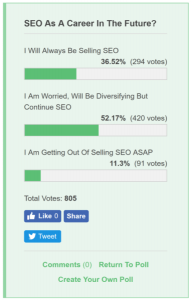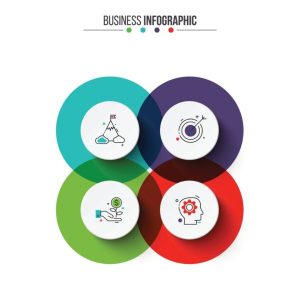From applicant tracking systems to AI-powered recruitment tools built for speed, automation in the hiring process is here to stay. But how and how much automation should be incorporated into the process continues to be a big topic of debate among job seekers and hiring managers.
Now an interesting new survey from the Harris Poll and the employment platform Indeed has revealed that companies may risk turning off older job candidates if they lean too heavily on robot overlords when hiring new talent.
Although the survey found that a decisive 54% of job seekers or people who recently switched jobs say they feel “valued” by some degree of hiring automation—for instance, via regular updates about the status of their application or faster responses to inquiries—favorability toward automation looked sharply different between younger and older respondents: 71% of those 18 to 35 said the use of automation made them feel more valued, but only 43% of respondents over the age of 36 agreed.
It’s hard to say how much we can read into this age disparity. The survey didn’t capture enough data to determine why older applicants may be less receptive to automation. Still, a similar variation was found when it came to automation’s impact on company perception: 55% of younger job seekers said automated hiring processes make a company appear more innovative, versus only 33% of older users.
Those competing viewpoints could have significant implications for hiring managers, as 87% of employers surveyed by Indeed said they view automated hiring positively, and almost half of large employers surveyed said they view it extremely positively.
In other words, as much as automated tools have already captivated the HR world today, hiring new candidates is only likely to get even more automated in the future.
But while Gen Z and younger millennials may be more receptive to automated hiring systems, older millennials, Gen Xers, and baby boomers may be turned off by it, the survey indicates. Perhaps that’s because they are the job applicants who can more clearly remember when hiring was mostly a manual, human-driven affair.
On that note, Indeed’s survey also included specific aspects of the job search that respondents believed should still involve human interaction. “Communication updates” topped the list, followed by “interview scheduling.”
The survey comes as economists and academics have become increasingly vocal about the potential for discrimination and bias in hiring and recruitment systems powered by artificial intelligence. Earlier this year, Harvard announced it was leading a consortium of researchers for an initiative that will study ways to reduce algorithmic bias and make automated hiring more fair.
(8)
Report Post







